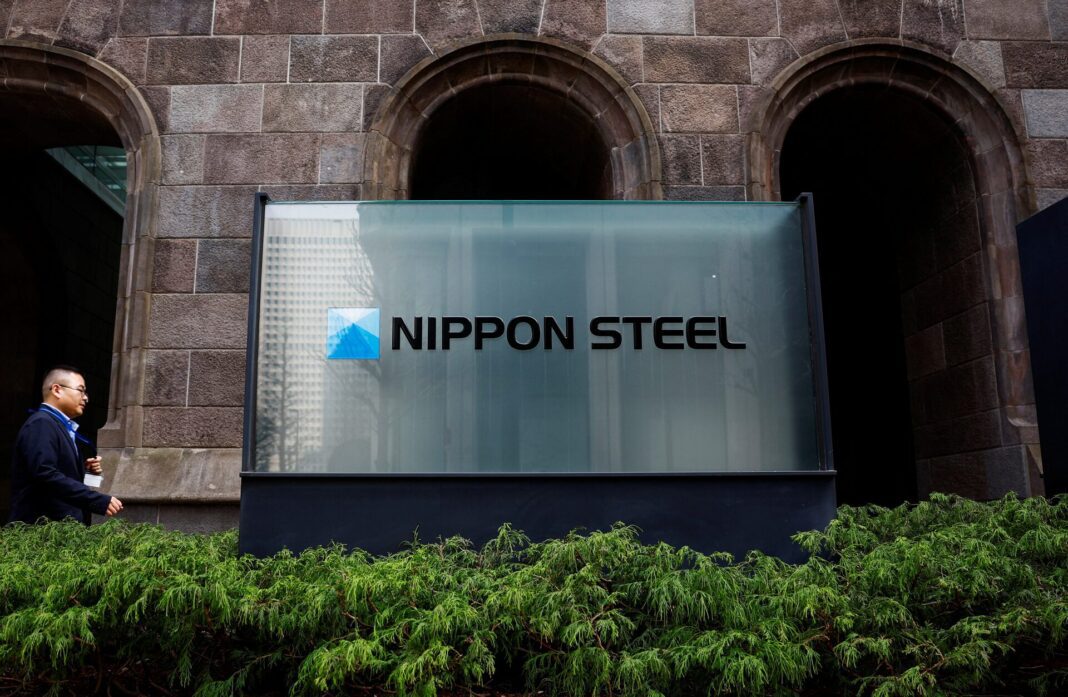Japan’s Prime Minister has taken a bold step to support Nippon Steel’s proposed acquisition of U.S. Steel, a move that has sparked political and security debates in the United States. The $15 billion deal, if approved, could reshape the steel industry but faces opposition due to national security concerns.
A Strategic Move Amid Strengthened Alliances
Japan’s Prime Minister sent a formal letter to the U.S. President, urging him to back Nippon Steel’s acquisition of U.S. Steel. This appeal comes during a period of enhanced U.S.-Japan relations, highlighting the economic ties between the two nations. Japan is one of the largest foreign investors in the U.S., and the acquisition is seen as a way to showcase the strength of this alliance.
The letter emphasized that the deal aligns with the shared economic goals of both countries. It argued that the acquisition would not only boost technological innovation but also protect jobs in the United States.
Opposition from Key U.S. Figures
Despite Japan’s assurances, the deal has encountered significant resistance. U.S. labor unions and several political leaders have voiced concerns about the acquisition. They argue that foreign ownership of a key American company could weaken the steel supply chain, which is vital for national security.
The U.S. President referred the deal to the Committee on Foreign Investment in the United States (CFIUS), a panel responsible for assessing foreign investments for potential risks. CFIUS has extended its review, signalling the complexity of the decision.
Security Concerns Dominate the Debate
The opposition is largely centered on fears that the acquisition could compromise the steel supply chain. Steel is a critical material used in various industries, including defense and infrastructure. Critics worry that foreign control could disrupt access to this essential resource, especially in times of crisis.
CFIUS previously flagged these concerns in a letter, warning that the deal might pose a national security risk. This has added pressure on the review process, with the deadline set for next month.
Changing Political Dynamics
The timing of the deal adds another layer of complexity. The current U.S. administration is set to transition in January, with the incoming president expressing strong opposition to the acquisition. This political shift could influence the final decision, as the new leadership may adopt a more protectionist stance.
Japan’s Prime Minister, who recently took office, has adopted a more direct approach to advocating for the deal. His predecessor had distanced the government from the controversy, framing it as a private business matter. However, the new leader views the acquisition as a critical opportunity to strengthen bilateral ties.
Promises from Nippon Steel
To address concerns, Nippon Steel has made several commitments. The company pledged to maintain and create jobs in the U.S., invest in advanced technologies, and enhance steel production capacity. These guarantees aim to reassure both the U.S. government and workers about the benefits of the deal.
Nippon Steel’s plan also focuses on fostering collaboration between Japanese and American steel industries. By combining their expertise, the companies hope to boost competitiveness and secure a strong future for the steel sector.
The Path Forward
The final decision on the acquisition rests with CFIUS and the U.S. President. The outcome will likely depend on whether the review panel finds the guarantees sufficient to address security concerns.
The deal has significant implications for U.S.-Japan relations and the global steel market. While it promises economic benefits, the national security risks remain a major sticking point. As the review deadline approaches, all eyes are on the U.S. government’s decision. The outcome will not only determine the future of U.S. Steel but also set a precedent for handling similar cases involving foreign investments in critical industries.
This acquisition highlights the delicate balance between fostering international economic partnerships and safeguarding national security. The stakes are high, with both countries seeking to protect their interests while maintaining their strong alliance. The decision will shape not only the steel industry but also the broader dynamics of U.S.-Japan cooperation.

